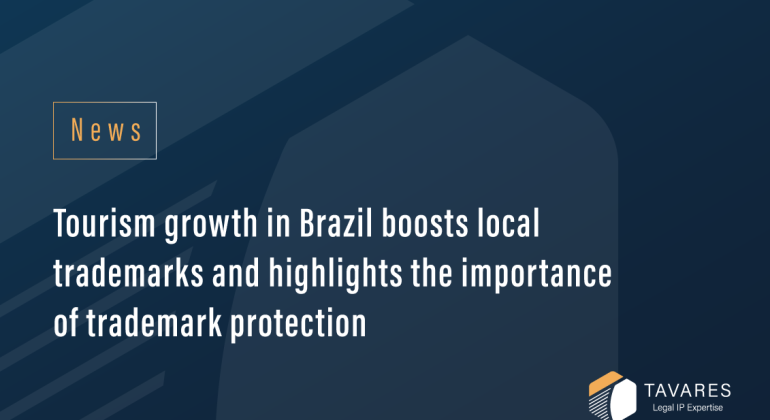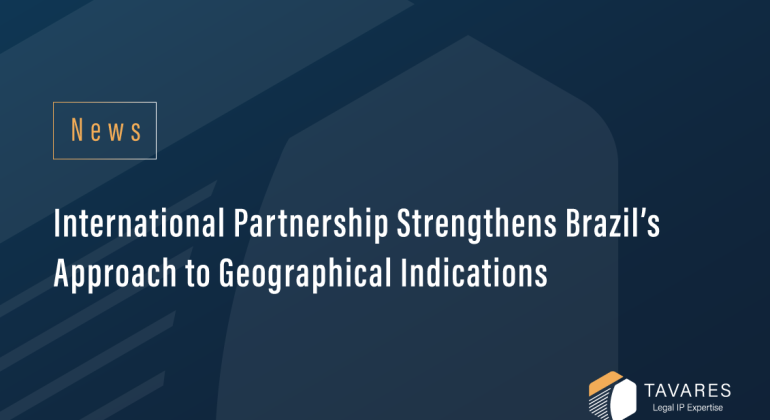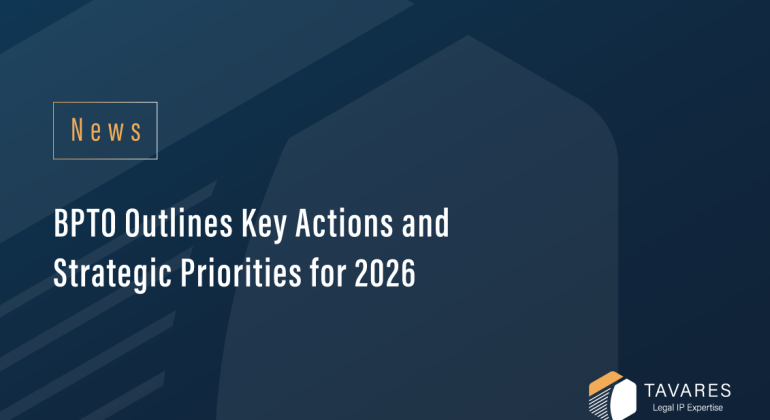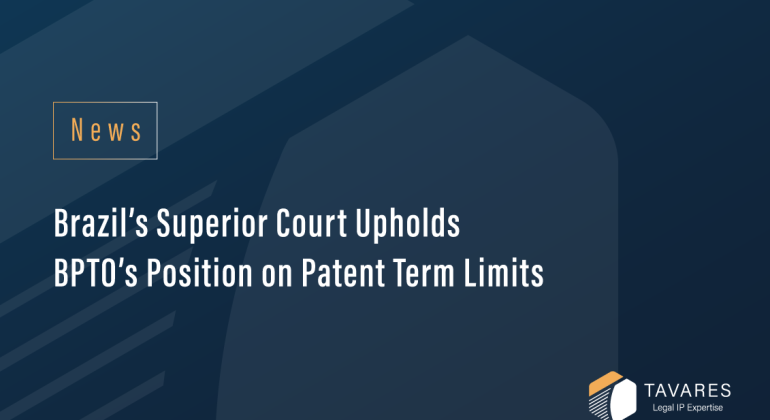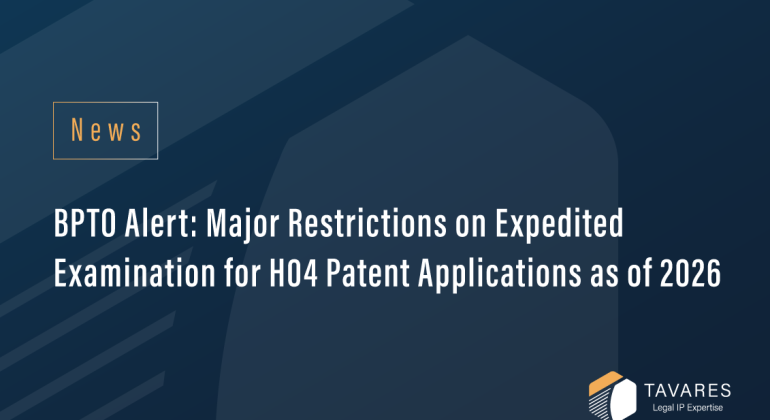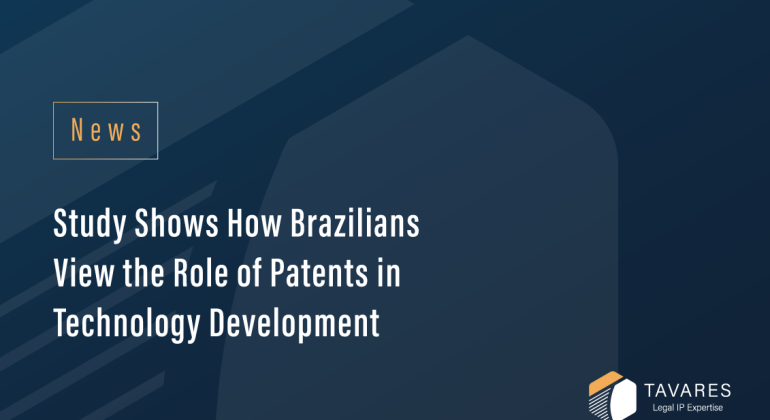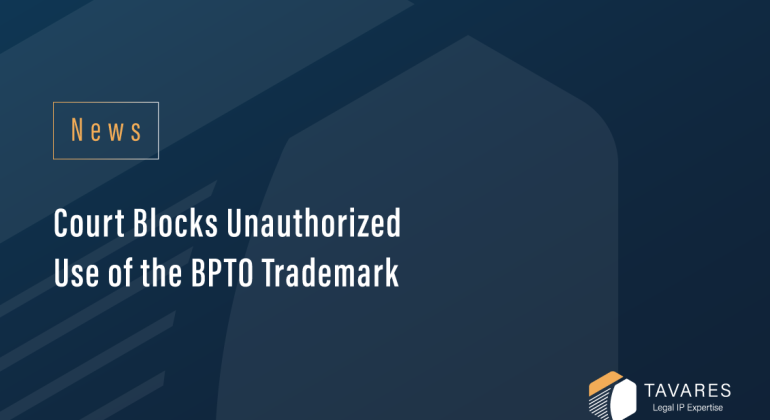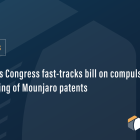Disney–OpenAI Agreement Redefines the Role of AI in the Audiovisual Industry
Disney’s USD 1 billion investment in OpenAI marks a turning point in the relationship between major entertainment studios and generative artificial intelligence. The agreement authorizes OpenAI’s video generation platform, Sora, to use approximately 200 characters from the Disney, Pixar, Marvel, and Star Wars universes, with operations expected to begin in 2026.
Under the agreement, Sora will be allowed to generate short-form social videos featuring licensed characters, including their iconic settings, costumes, and visual elements. Notably, the use of actors’ physical likenesses or voices is expressly excluded. Disney will also gain access to OpenAI’s APIs to develop proprietary products and experiences, including applications for Disney+, while its employees will be authorized to use ChatGPT internally.
From an intellectual property perspective, the agreement reflects a strategic shift. Traditionally, large studios have taken a defensive stance toward AI, emphasizing copyright risks, unauthorized reproduction of protected works, and the potential for litigation. By formalizing a licensing arrangement, Disney moves from opposition to participation, transforming AI from a potential infringer into a contractually authorized actor within its IP ecosystem.
Contracts as the New Boundary of AI Use
According to IP specialists cited in the analysis, agreements of this nature fundamentally change the legal framing of AI-generated content. The contract defines the scope of use, aesthetic boundaries, duration, territories, governance mechanisms, and control of outputs. Any misuse ceases to be a matter of diffuse copyright and becomes a matter of contractual breach.
Importantly, the agreement reinforces that AI systems do not acquire authorship. The underlying characters and universes remain Disney’s intellectual property, while user rights over generated content are limited and strictly subordinated to the licensing terms.
Market Implications
Although the deal does not establish a formal legal precedent, it signals a potential new market standard: generative AI is not inherently unlawful when it operates under explicit authorization, licensing, and governance structures. This approach may encourage other rights holders to negotiate similar agreements, while increasing pressure for more explicit rules regarding training data, post-termination safeguards, and accountability.
At the same time, unresolved challenges remain, particularly for independent creators and smaller rights holders whose works may still be used in AI training without direct negotiation.
For the audiovisual and creative industries, the Disney–OpenAI agreement underscores a broader shift: intellectual property contracts are becoming the primary instrument for balancing innovation, economic exploitation, and legal certainty in the age of generative AI.


